Vodka

Vodka is a distilled beverage composed primarily of water and ethanol, but sometimes with traces of impurities and flavorings. Traditionally, vodka is made through the distillation of cereal grains or potatoes that have been fermented, though some modern brands, such as Ciroc, CooranBong, and Bombora, use fruits or sugar.
Since the 1890s, the standard Polish, Russian, Belarusian, Ukrainian, Estonian, Latvian, Lithuanian, Czech and Slovak vodkas are 40% alcohol by volume, a percentage widely misattributed to Russian chemist Dmitri Mendeleev. Meanwhile, the European Union has established a minimum of 37.5% ABV for any “European vodka” to be named as such. Products sold as “vodka” in the United States must have a minimum alcohol content of 40%. Even with these loose restrictions, most vodka sold contains 40% ABV.
Vodka is traditionally drunk “neat” (not mixed with water, ice, or other mixer), though it is often served freezer chilled in the vodka belt countries of Russia, Belarus, Poland, Ukraine, Lithuania, Latvia, Estonia, Sweden, Norway, Finland, and Iceland. It is also used in cocktails and mixed drinks, such as the Vodka martini, Cosmopolitan, Vodka Tonic, Screwdriver, Greyhound, Black or White Russian, Moscow Mule, and Bloody Mary.
Showing all 5 results
-
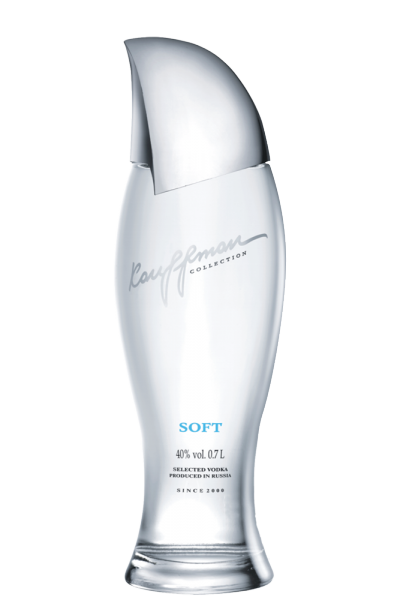
Vodka Kauffman Soft 70cl
35,00 € Add to cart-13% -
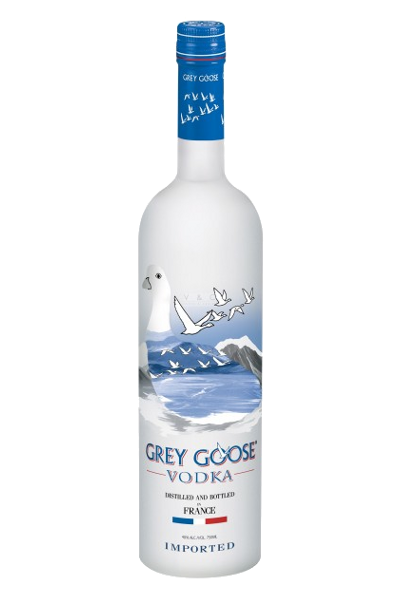
Vodka Grey Goose
43,00 € Add to cart -
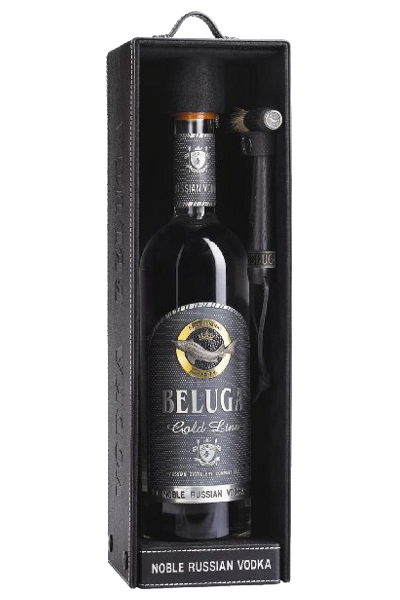
Vodka Beluga Gold Line Russian
185,00 € Read more -
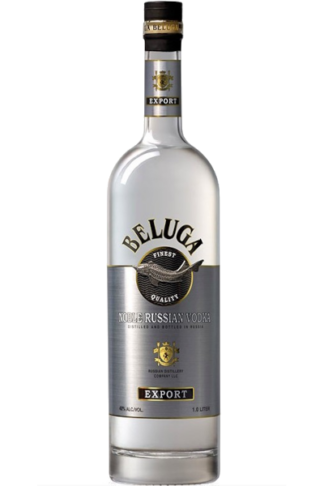
Vodka Beluga Noble Russian
52,00 € Add to cart -
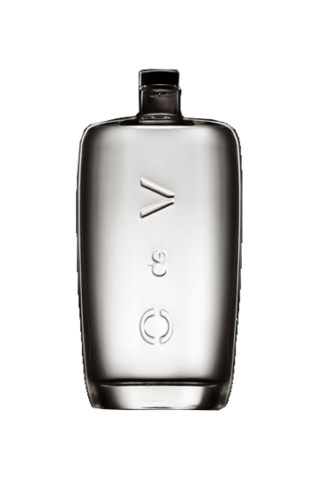
Vodka “O de V” – Enoglam
55,00 € Add to cart
Showing all 5 results

